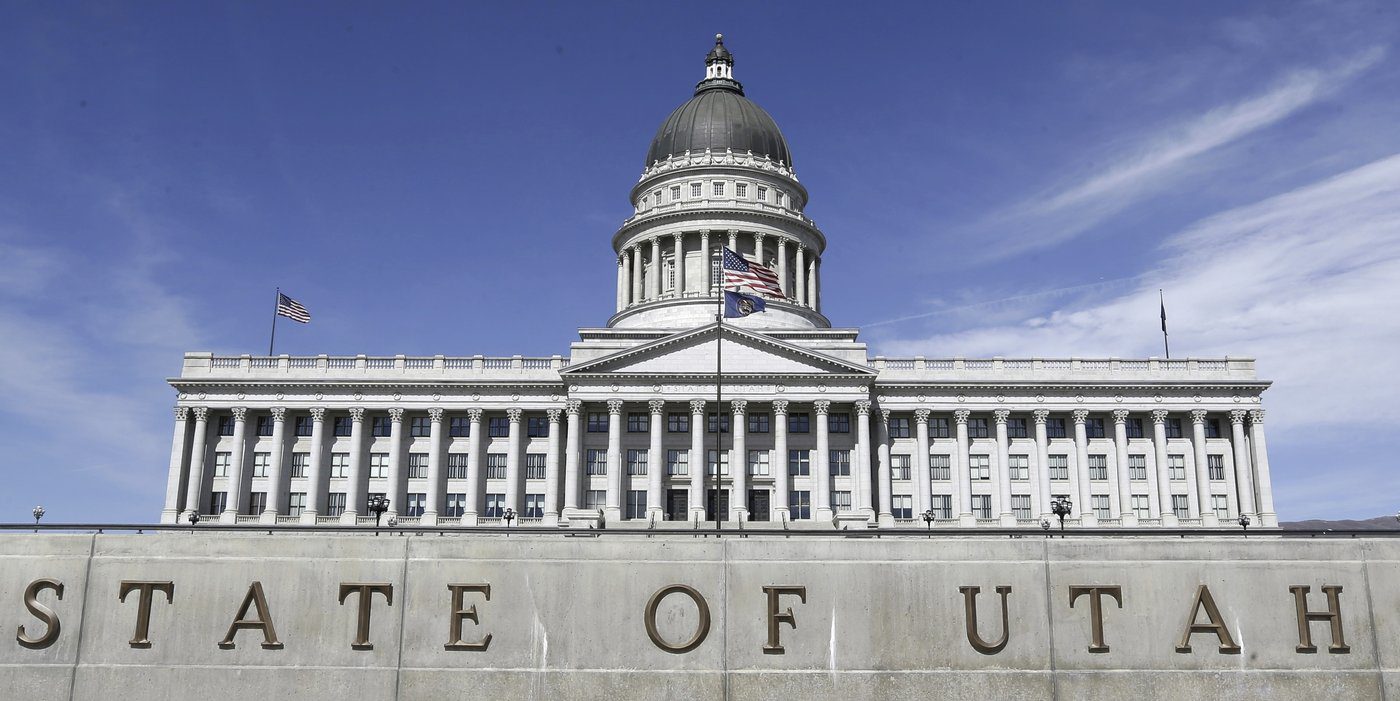SALT LAKE CITY (AP) — Utah’s Republican-controlled Legislature is meeting Wednesday to decide whether to ask voters in November to relinquish some of their rights to lawmakers who want the ability to change state ballot measures after they’ve passed.
Frustrated by a recent state Supreme Court ruling, lawmakers called a special session focused on amending Utah’s constitution to grant themselves power over citizen initiatives that the state’s highest court said they don’t currently have. The Legislature used its emergency powers, which are broadly worded, to hold the session.
If the amendment passes and is approved this fall by a majority of Utah voters, it would give lawmakers constitutional authority to rewrite voter-approved ballot measures to their liking or repeal them entirely.
The proposal also would let lawmakers apply their new power to initiatives from past election cycles, including the redistricting measure that spurred the state Supreme Court case that limited the Legislature’s authority.
Utah voters passed a ballot measure in 2018 that created an independent commission to redraw voting districts each decade and send recommendations to the Legislature, which could approve those maps or draw their own. The measure also prohibited drawing district lines to protect incumbents or to favor a political party — language the Legislature tried to strip out and replace with looser provisions in 2020.
Voting rights groups sued after lawmakers ignored a congressional map drawn by the commission and passed one of their own that split liberal Salt Lake County among four congressional districts, which have all since elected Republicans by wide margins.
Last month, all five Republican-appointed state Supreme Court justices sided with opponents who argued the Republican supermajority had undermined the will of voters when it altered the ballot initiative that banned partisan gerrymandering.
Utah’s constitution gives significant weight to statewide ballot initiatives, which if approved become laws equal to those passed by the Legislature. Lawmakers currently may not change laws approved through ballot initiatives except to reinforce them without impairing them, or to advance a compelling government interest, the Supreme Court ruled.
Now, the Legislature is attempting to circumvent that ruling by expanding its constitutional authority — but voters will have the final say.
Legislative Democrats have criticized the move as a “power grab,” while the Republican legislative leaders, Senate President Stuart Adams and House Speaker Mike Schultz, have argued it’s dangerous to have certain laws on the books that cannot be significantly changed.
Utah isn’t the only place where lawmakers have sought the power to undo ballot measures — at least under certain circumstances. Changes to the political mapmaking process have been the impetus for such efforts in multiple states.
Missouri voters approved a new redistricting process in 2018 — the same year as Utah. Lawmakers promptly placed a new amendment on the ballot to undo some of the key elements, and voters approved the new version in 2020.
In 2022, Arizona lawmakers placed on the ballot a proposal that would allow them to amend or repeal entire voter-approved measures if any portion of them is found unconstitutional or illegal by the state or federal Supreme Court. Voters defeated it.
This year, an advocacy group has won a spot on the ballot in Ohio for a measure that would appoint a new commission to make legislative and congressional maps. State Attorney General Dave Yost, a Republican, objected twice to the ballot measure language.
A lower court in Utah also will revisit the process for redrawing the state’s congressional districts following the Supreme Court ruling, but the current boundaries will remain for this election cycle.
Hannah Schoenbaum, The Associated Press





